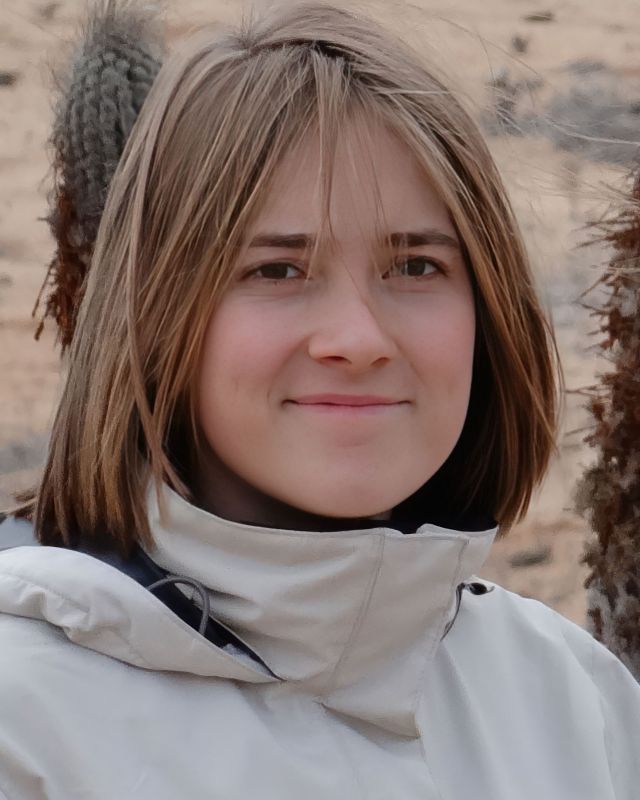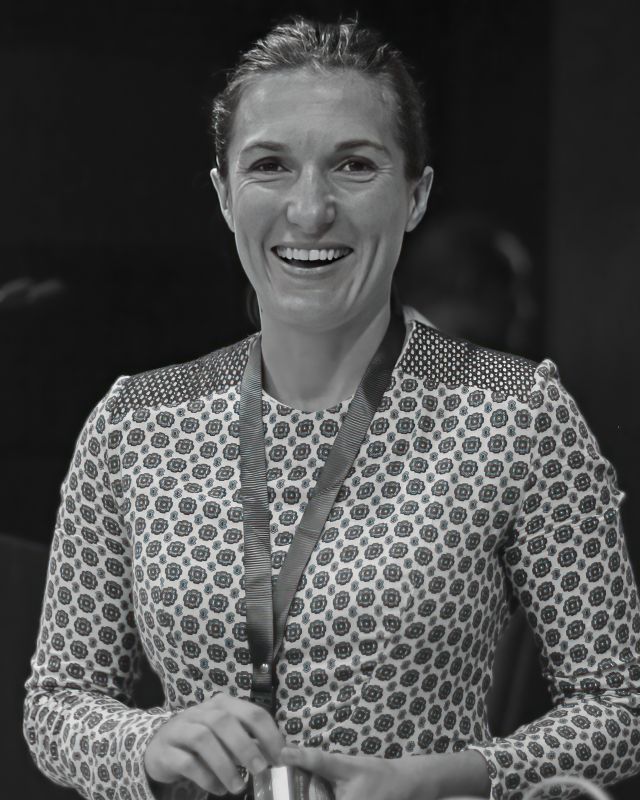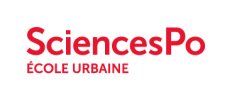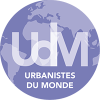Portrait
Diane Collier - STU 2018 - Digital Uses and Services Consultant at Tactis
Posted on | Alumni Portrait
Portrait by Soisic Ollion on October 29, 2018
Can you briefly remind us of your background?
After the baccalaureate, I did two years of preparatory studies in literature and social sciences in Marseille. I really enjoyed sociology, but I didn't want to take a course that was too socio or economically oriented. So I went to the IEP in Bordeaux, where I had the opportunity to do a field study on a neighborhood association and a thesis on an eco-neighborhood. It is with this interest for the city that I went to the STU master's degree at Sciences Po Paris.
How did you find your internship?
I was interested in all fields. I was a bit hesitant and I saw an ad on In Situ (published by a student of the GLM master in gap year). The Tactis firm caught my attention because I had really liked the M2 course on digital innovations: working in the digital field allowed me to keep a certain transversality, to see a lot of subjects, while being confronted with the rigor of the consulting firm.
What was your mission at Tactis?
I often worked in pairs with a project manager. The mission consisted in accompanying local authorities in the construction of their digital strategies. Local authorities (Regions, Departments, Metropolises...) have the possibility to set up digital schemes, and call upon consulting firms for the roadmap. For example, I worked for the New Aquitaine Region for the SCoRAN (Stratégie de Cohérence Régionale pour l'Aménagement Numérique). This is an obligation for the regions, with co-piloting by the State. The consulting firms provide assistance to the project owner: they set up, according to the client's needs, an adapted methodology always based on a diagnosis of the territory and sometimes interviews, consultation workshops... Sometimes some missions consist in moving to a more operational phase where projects are set up.
What about today?
I still work at Tactis, but with a greater diversity of territories, such as Bourgogne-Franche-Comté, Haute-Garonne, or Essonne. I also have the opportunity to work on other types of missions: for example, for the Société du Grand Paris (SGP) where we help them to implement a connected metro (4G, fiber optics, wifi, ...). A pre-information notice to potentially interested operators was launched at the end of the summer and the firm is now studying the responses, the directions that the SGP will choose, etc. This is a typical consulting mission, one might say, where we have to analyze, synthesize and then redetermine the choices made by the client.
What are your prospects?
I don't plan further than two or three years... I want to increase my competence and multiply my experiences!
What do you like about your job?
Everything! Or rather, what I like less is to be often behind the screen. But there is also travel, you need a good knowledge of the territory and you are in direct contact with the local authorities. You have to understand the specificities of the territories!
I would say that the shortcoming of consulting firms, but of course I am only speaking from my point of view, is the sinusoidal rhythm: there are sometimes unexpected orders, rushes... You have to learn management and communication within the team on a daily basis. But when you finish a mission, it's rewarding, but only if the client is satisfied!
What elements of the Sciences Po education do you remember?
The transversality, we touch on all subjects, and we have a point of view that also includes sociology, in relation to the dynamics of territories. We know what we are talking about when we hear "local authorities" or "public policy". Specialization is learned on the job.
What are the qualities to be a consultant?
Empathy: understanding the client, the interface, communication.
Thoroughness: you have to know what you are writing and why you are writing it, you have to have a taste for work well done.
What advice would you give to Urban School students?
You should not be afraid of the professional environment, nor should you be afraid to make mistakes and change direction. If possible, you should find a welcoming structure that provides a good working environment for your first internship.
And while you are at Sciences Po, go deeper into certain subjects, go beyond the theoretical, read the press, current affairs books, etc. For example, I would recommend reading Ian Brossat's book, AirBnB, la ville ubérisée, which provides elements for understanding the dynamics of the territories and a point of view (whether you share it or not) on how to make the city.
Fanny Coulombié - STU - from Agro Paris Tech to Sciences Po
Posted on December 14, 2018
From Agro Paris Tech to Sciences Po, a course focused on sustainable development and health-friendly urban planning Hello Fanny, to begin with, can you tell…
Suzanne Chatelier - GLM 2013 - An international and sustainable urban planning career
Posted on November 07, 2018
To begin with, can you give us a little reminder of your background before GLM and present the reasons that led you to this master? After completing my univer…
 English
English  Français
Français 




